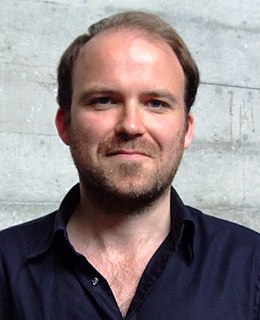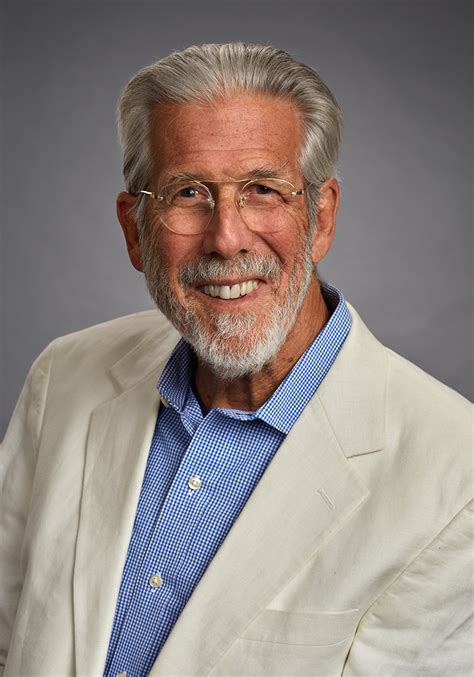A Quote by Walter Darby Bannard
No high-minded painter of the last fifty years has been able to come to terms with his art without coming to terms with the problem of cubism.
Related Quotes
France has not been able to come to terms with the fact that it's not a major power anymore. I mean even before the Second World War Paris was one of the main centers of intellectual and cultural life. But now Paris is a kind of subsidiary of Germany, their traditional enemy and they can't come to terms with it.
For me becoming a painter was an Everest, in terms of what I thought a painter was. There are many roads to becoming an artist. For me it wasn't art school. I didn't have that go to art school and then get a gallery. It's more like, how deep is your inner library to cull from. It's certainly not about technical prowess, just about depth of investigation. It takes time. I had 15 years of painting under my belt before my first New York show. I was glad to have that. It's a good thing to spend your twenties getting your craft.
The problem is that people really just don't care and they have been "educated" not to care about the monetary system: that it's boring, it's difficult to understand, we need to have high minded people like "Greenscum" and Bernanke to do things like this (and don't forget Volker, there's the whole cast of them). The thing is that people have been educated or miseducated or brainwashed into believing that this is wayyyy too complicated for regular people to understand and that we need to let PhD economists guide us along in terms of what's right... and that's all bull.
The problem is that people really just don't care and they have been "educated" not to care about the monetary system: that it's boring, it's difficult to understand, we need to have high minded people like "Greenscum" and Bernanke to do things like this (and don't forget Volcker, there's the whole cast of them). The thing is that people have been educated or miseducated or brainwashed into believing that this is wayyyy too complicated for regular people to understand and that we need to let PhD economists guide us along in terms of what's right... and that's all bull.








































